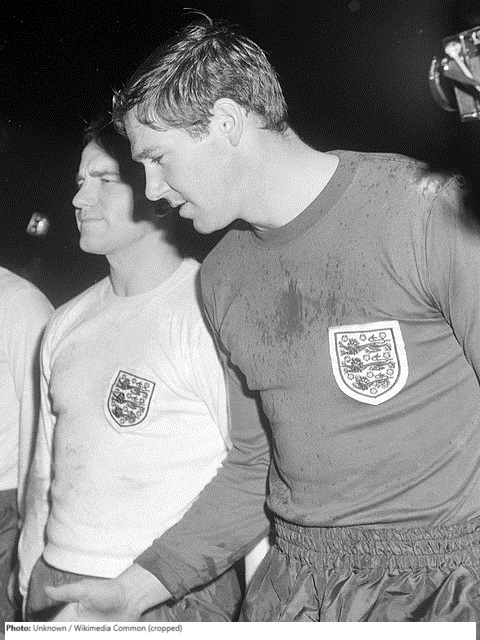Tony Waiters

Biographical information
| Roles | Coach |
|---|---|
| Sex | Male |
| Full name | Anthony Keith "Tony"•Waiters |
| Used name | Tony•Waiters |
| Born | 1 February 1937 in Southport, England (GBR) |
| Died | 5 November 2020 (aged 83 years 9 months 4 days) in ?, British Columbia (CAN) |
| NOC |  Canada Canada |
| Nationality |  Great Britain Great Britain |
Biography
Tony Waiters was born in the famous north-west golfing town of Southport, where he attended the King George V grammar school. When he sat the 11+ entrance examination to KGV, as it was known locally, he admitted some years later that he was tempted to fail the exam because the school played rugby, and not his beloved football. However, his pride got the better of him and he passed, and got to eventually enjoy rugby. He also played cricket for the Ainsdale club.
After KGV, Waiters went to Loughborough College for two years, and this grounding was to be the foundation for his coaching career later in life. During his time at Loughborough, he joined Blackpool as an amateur and played for their reserves, before eventually turning professional. An underrated goalkeeper, Waiters played more than 300 games in top level football with Blackpool and Burnley. He also won five England caps but was unfortunate to be around at the same time that Gordon Banks was breaking into the England team.
In his early-30s, Waiters decided to go into coaching and after spells as part of the coaching staff at Coventry City and Tranmere Rovers, he was also the youth team coach at Liverpool for two years during a time when three of the club’s great managers, Bill Shankly, Bob Paisley, and Joe Fagan were at the club. Waiters described his time at Liverpool as: “the best learning experience of my entire career.” Waiters also worked as the FA’s north-west regional coach and was the part-time coach/manager of the England team that won the 1973 UEFA European Under-18 Championship. The first League club Waiters managed was Plymouth Argyle and he led them to the most successful period in their history, taking them to the semi-final of the Football League Cup as a third division side in 1974, and then winning promotion to the second division in 1975. Waiters was sacked in 1977 and he moved to Canada to coach the Vancouver Whitecaps, leading them to the NASL Soccer Bowl in 1979 following a 2-1 win over Tampa Bat Rowdies.
Waiters was then appointed president and general manager of the Whitecaps but that did not suit him and he resigned and went to work for the Canadian Soccer Association, being made head coach and manager in 1982. He led them to the quarter-final at the 1984 Olympics, before losing 4-2 on penalties to Brazil after holding the South Americans to a 1-1 draw in regulation time. Two years later Waiters took Canada to its first FIFA World Cup and, despite not winning a game, were not disgraced in their three matches against European champions France, Hungary and the Soviet Union. Waiters stepped down as Canada coach after the World Cup but had a second spell in charge of the national side between 1989-91.
After he ended his coaching career, Waiters remained in contact with the sport he loved, even though he was now calling it soccer and not football. He was president of the National Soccer Coaches Association of Canada and was an adviser to soccer organizations in both Canada and the United States, and did what he could to introduce inner-city children to soccer. Along with his wife and daughter he published coaching manuals through his company World of Soccer. Waiters was inducted into the Canada Soccer Hall of Fame in 2001, and in 2019 was admitted to both the British Columbia Sports Hall of Fame and Soccer Hall of Fame, as well as being honoured as a life member of Canada Soccer that same year.
Coaching results
| Games | Sport (Discipline) / Event | NOC / Team | Pos | Medal | Nationality | As | |
|---|---|---|---|---|---|---|---|
| 1984 Summer Olympics | Football (Football) |  CAN CAN |
 GBR GBR |
Tony Waiters | |||
| Football, Men (Olympic) | Canada | =5 |